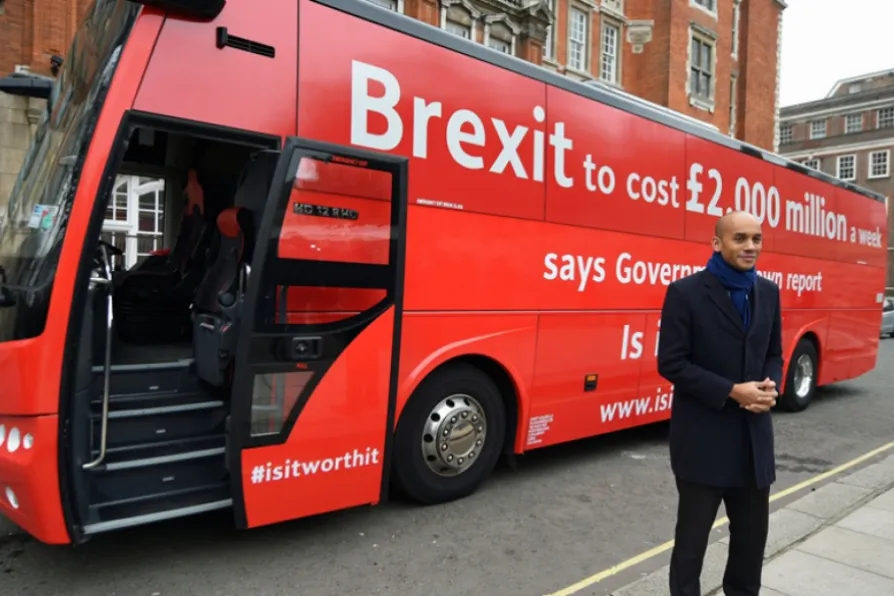Corbyn is right – Brexit is what we make of it

 Labour's Chuka Umunna at the launch of the Brexit ‘Facts Bus’ in London
Labour's Chuka Umunna at the launch of the Brexit ‘Facts Bus’ in London
JEREMY CORBYN’S reminder this morning that “Brexit is what we make of it together” should prompt all of us on the left to look at what kind of country we want to live in.
As the Labour leader is due to say, “In or out of the EU we have to deal with the reality of market failure and austerity.”
Any Labour government that fails to deal with both these issues will ultimately be a failure itself.
More from this author


















